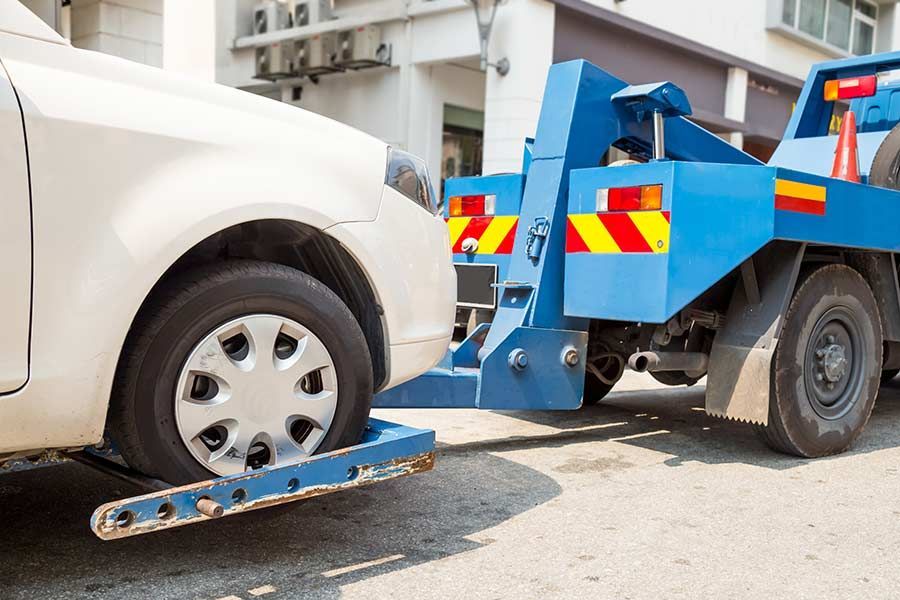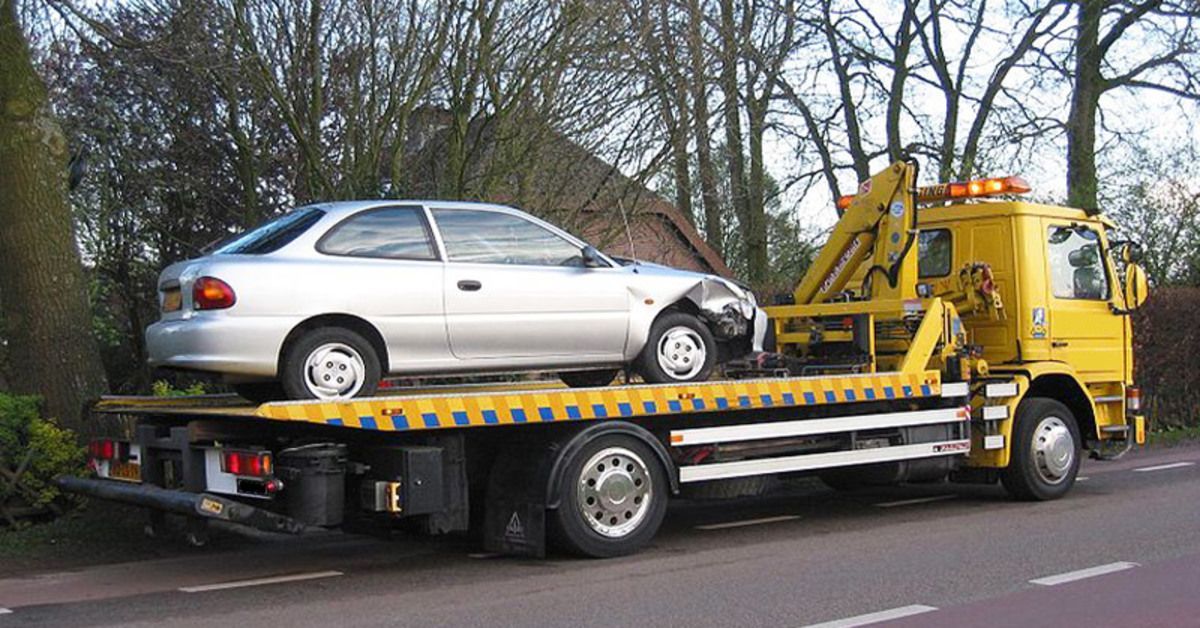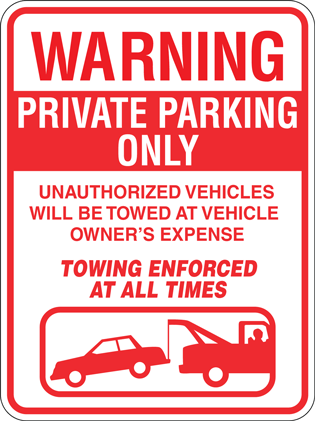When to explore low clearance towing
Specialized Towing for Modified Vehicles: Understanding Low Clearance Requirements
Modified vehicles present unique challenges in the towing industry. Car enthusiasts who invest in suspension modifications, body kits, and performance upgrades often discover that standard towing methods can damage their carefully crafted vehicles. Understanding specialized towing requirements helps protect these investments while ensuring safe transportation when breakdowns occur.
The Challenge of Modified Suspension Systems
Lowered car towing requires specialized knowledge and equipment that many standard towing operations lack. Vehicles with modified suspension systems sit closer to the ground than factory specifications, creating clearance issues with traditional towing equipment. Air ride systems, coilovers, and lowering springs can reduce ground clearance to just inches above the pavement.
These modifications affect more than just aesthetics. Lower ride heights change approach angles, departure angles, and breakover points that towing operators must consider. What works for stock vehicles can cause significant damage to modified ones.
Specialized Equipment Requirements
Low clearance tow truck operations utilize equipment specifically designed for vehicles with minimal ground clearance. Flatbed trucks with hydraulic tilt capabilities can lower their beds nearly to ground level, allowing modified vehicles to drive or be winched aboard without scraping undercarriage components.
Standard wheel-lift systems often prove inadequate for severely lowered vehicles. The lifting arms and crossbars may not fit properly under modified front or rear ends, potentially causing damage to custom bodywork or suspension components.
Finding Appropriate Services
Searching for low clearance tow truck near me often yields limited results because not all towing companies invest in specialized equipment. The modified car community typically relies on word-of-mouth recommendations and online forums to identify operators with appropriate capabilities.
Professional tow truck for lowered cars services understand the unique requirements of modified vehicles. These operators invest in specialized equipment and training to handle vehicles that standard towing methods cannot accommodate safely.
Understanding Vehicle Modifications
Low car towing situations require operators who understand various modification types. Static drops using lowering springs differ from adjustable coilover systems, which differ again from air suspension setups. Each modification type presents different challenges and opportunities during towing operations.
Air suspension systems offer advantages during towing because operators can sometimes raise the vehicle to increase ground clearance. However, this requires understanding the specific system and having appropriate tools to operate it safely.
Equipment Variations and Capabilities
Low tow truck configurations vary significantly based on intended applications. Some operators modify standard equipment to accommodate lower vehicles, while others invest in purpose-built systems designed specifically for modified cars.
Hydraulic flatbeds represent the gold standard for low car tow truck operations. These systems can tilt to very shallow angles, allowing even severely lowered vehicles to be loaded without contact between the undercarriage and loading surface.
Operational Considerations
Lowered tow truck operations require additional time and care compared to standard towing procedures. Operators must carefully assess each situation, considering ground conditions, vehicle modifications, and available maneuvering space.
Loading procedures for modified vehicles often involve multiple steps. Operators may need to use wheel dollies, skates, or other specialized tools to position vehicles properly for loading. These procedures require patience and expertise to execute safely.
Towing lowered cars successfully depends on proper preparation and communication. Vehicle owners should provide detailed information about their modifications, including suspension type, ride height, and any special considerations. This information helps operators select appropriate equipment and plan their approach.
Industry Adaptation and Innovation
The growing popularity of modified vehicles has driven innovation in towing equipment design. Manufacturers now offer specialized products designed specifically for low-clearance applications, including ultra-low profile dollies and adjustable-height flatbeds.
Some towing operations have developed relationships with modification shops and car clubs, creating networks of specialized service providers. These partnerships benefit both the towing industry and the modified car community by ensuring appropriate services are available when needed.
Cost and Service Considerations
Specialized towing services for modified vehicles typically cost more than standard towing due to equipment requirements and additional time needed. However, this premium often proves worthwhile compared to potential damage costs from improper towing methods.
Professional operators who specialize in modified vehicles understand the value of the cars they handle. They take extra precautions to protect custom paint, body kits, and expensive suspension components during loading and transport.
Planning and Prevention
Modified vehicle owners benefit from researching specialized towing services before emergencies arise. Establishing relationships with qualified operators and understanding their capabilities can reduce stress and potential damage during breakdown situations.
The modified car community continues to grow, driving demand for specialized towing services. Professional operators who invest in appropriate equipment and training position themselves to serve this niche market while providing essential services to automotive enthusiasts who need reliable, damage-free vehicle transportation.
New Paragraph




